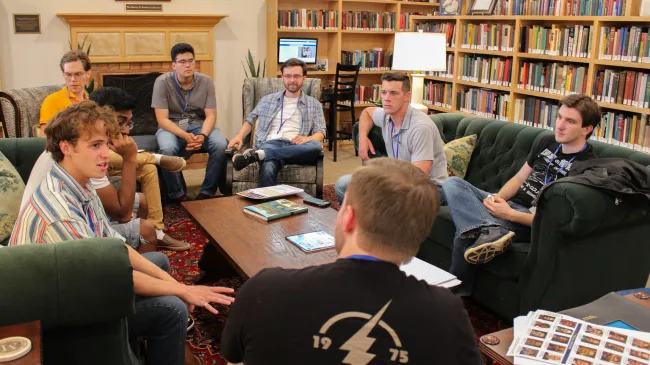

Britain—Like France and Spain—Is Poorer than Mississippi

First They Came for the Op-Ed Writers

Do Inflationary Expectations Cause General Increases in Prices?

Warren Buffett Gets It Wrong

Free Trade with All Nations

The Saint-Simonians in Our Midst: Ben Bernanke and the GFC

Even the Inventor of GDP Statistics Knew Government Spending Was Dubious
Patrick Newman joins Bob to discuss Simon Kuznets’ role in developing GNP and GDP metrics and Kuznets’ concerns over how government spending is accounted for in economic statistics.

Free Trade in the Twenty-First Century
International trade is the topic du jour. Mark Thornton shares his recent presentation on a timely and important book featuring many of your favorite authors.

4 Lessons We Learned from the Covid Panic of 2020
It's been five years since the covid lockdowns of 2020.

Are Trade Deficits a Sign of Economic Strength?
Bob responds to flawed arguments about trade deficits.
Join Robert Malone, Tom Woods, and Tom DiLorenzo in Phoenix to discuss our enemy, the bureaucracy this April.
This spring, students from across the US are participating in Mises Book Clubs led by scholars at various universities and colleges. These student groups promote deep reading in Austrian economics.
Research Fellowships at the Mises Institute in Auburn, Alabama, are available to graduate students and post-docs interested in scientific research in the Austrian school and libertarian political economy.
Join us in Auburn for the Revisionist History of War Conference in May.












